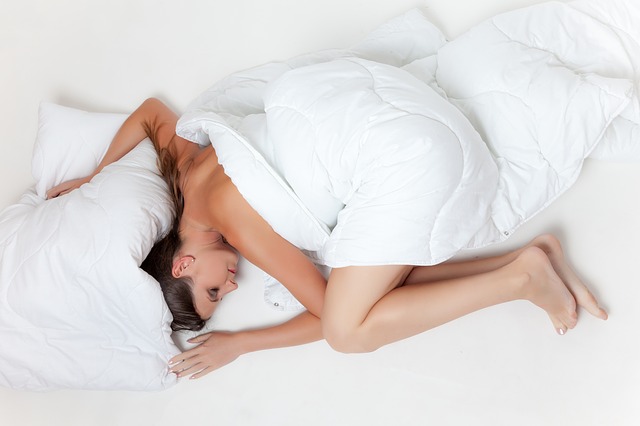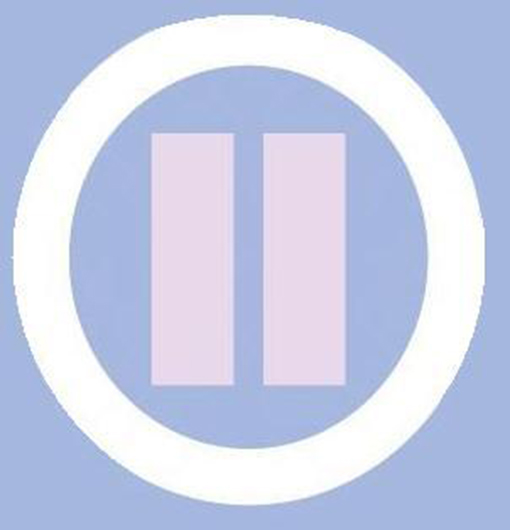I first wrote this article five years ago. It’s still just as timely as ever, perhaps even more so. We’ve made some progress, however, even though it seems slight. For example, napping pods are popping up in more workplaces. Employers are beginning to understand the relationship being getting enough rest and being productive. In fact, Arianna Huffington predicts that within the next five year they will be as common in the workplace as conference rooms.
It would be fantastic if I didn’t need to post this in another five years. Until then, enjoy!
Dr. Donna
~~~~~~~~~~~~
In today’s fast paced and over stimulated society, many people consider sleep a distraction rather than a delight. Perhaps more people would make it a priority if they understood its importance to personal wellness. You need to get enough in order to be optimally healthy.
Getting adequate sleep helps maintain a healthy immune system, which means fewer illnesses. It also helps maintain healthy weight and blood pressure, balance mood, and lowers the risk of diabetes. Having adequate sleep helps the body function at its best.
The amount of sleep needed to feel and function at your best varies from person to person. Most adults need 7-8 hours of sleep per night. Some require more, and others less. Children require more sleep than adults. Newborns spend the majority of their time sleeping. Toddlers and early school age children usually need 10-12 hours of sleep per night. Teens also require more sleep than adults. Most need 9 hours per night to function at their best.
Many people report difficulty sleeping throughout the night. Some have trouble falling asleep. Others fall asleep but have trouble staying asleep. They usually wake up frequently in the middle of the night.
Many factors can interfere with a good night’s sleep. Some issues are easier to address than others. For example many people often find relief by changing their daily routine to end exposure to stimulants such as caffeine, exercise, or TV. Other causes of sleep difficulties, however, might require a medical evaluation and treatment. It’s important to speak with your doctor if you think you might have a sleep disorder.
In addition to avoiding stimulating activities and beverages close to bedtime, having a calming bedtime routine also helps get a good night’s sleep. Maintaining a dark, quiet, and cool bedroom promotes a relaxing slumber. Keeping stressful activities out of your bedroom also helps. Avoid doing things like paying bills or working on the computer while sitting in bed.
Lying in bed trying to force yourself to go to nod off can also be stressful. If you haven’t fallen asleep after 20 minutes, get out of bed and do something relaxing, like read a book. When you start to feel sleepy get back in bed.
Remember, a good night’s sleep is an important part of any personal wellness plan. It’s not a luxury. Contact your doctor if you’re having trouble sleeping, especially if daytime sleepiness is interfering with your ability to function.
For more information on healthy sleeping, visit the Department of Health and Human Services website
© 2016, Dr. Donna L. Hamilton
- 10 Quick, Easy Holiday Self-Care Tips - December 15, 2017
- Health Benefits of Kindness and Compassion - June 3, 2017
- Why Self-Care is Good for Your Health - May 10, 2017






